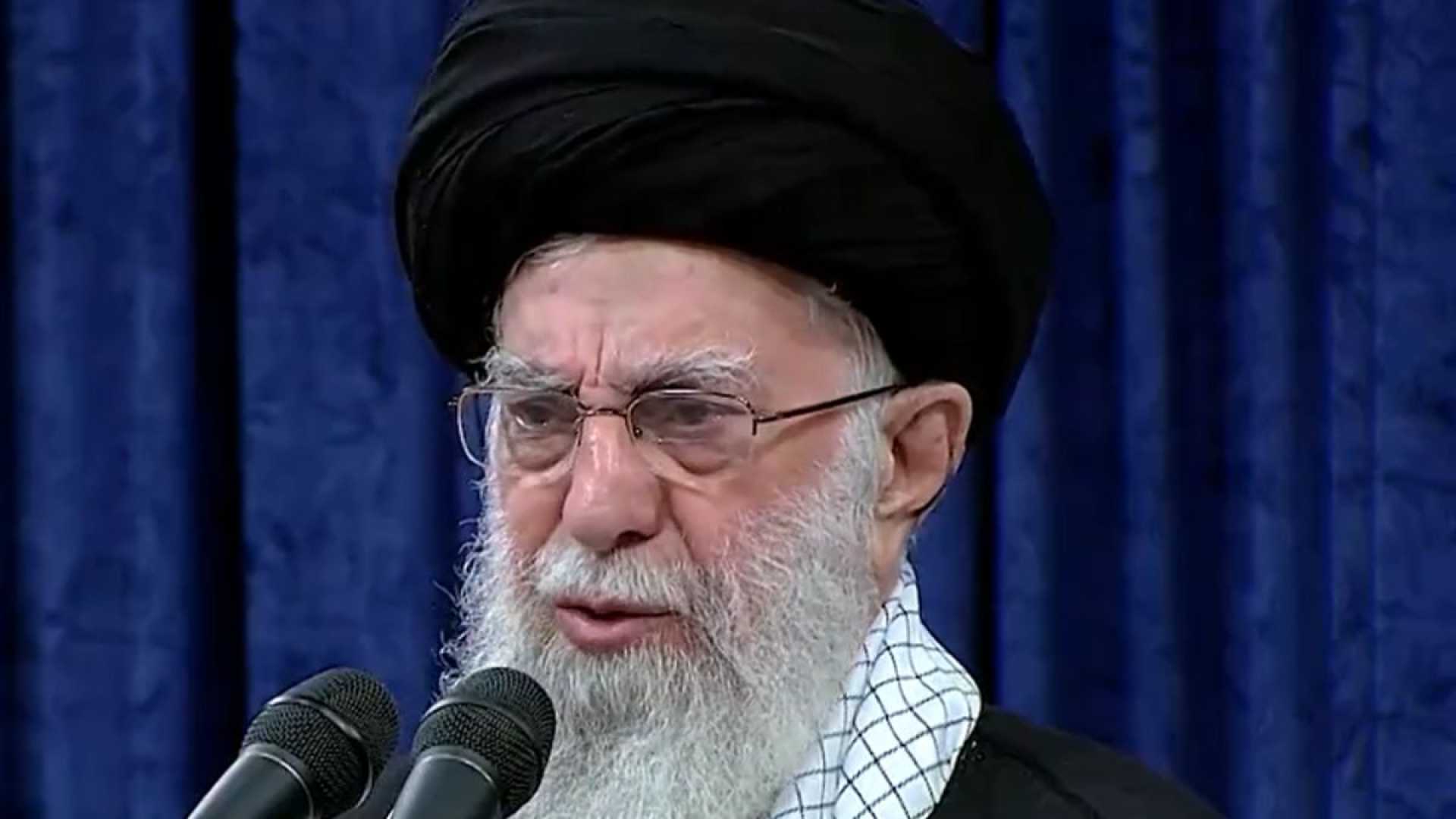News
Iran’s Supreme Leader Calls for Muslim Unity Amid Israeli Conflict

In a rare public address, Iran‘s Supreme Leader Ayatollah Ali Khamenei defended his nation’s missile attack on Israel and called for unity among Muslim states. The address, which took place during Friday prayers at the Imam Khomeini Grand Mosalla mosque in Tehran, marked Khamenei’s first public sermon since a major barrage of missiles was launched against Israel on Tuesday.
The attack by Iran was reportedly in retaliation for targeted killings by Israel, which included senior Hezbollah, Hamas, and Iran’s Islamic Revolutionary Guard Corps members. These events are part of escalating tensions in the region. Khamenei declared the Iranian response “legal and legitimate” and vowed the “resistance in the region will not back down even with the killing of its leaders.” He emphasized the calculated nature of Iran’s actions, promising not to act impulsively.
According to Al Jazeera‘s Resul Serdar, the sermon sent a direct message to Israel, indicating that Iranian authorities were not hiding and were prepared to face challenges openly. This rare public appearance by Khamenei comes shortly before the anniversary of a significant attack by Hamas on Israel, contributing to ongoing and widespread conflicts.
Khamenei’s call for Muslim unity extended across the region, from Afghanistan to Lebanon and Yemen, urging resistance against what he called a common “enemy,” Israel. “Our enemy is one,” Khamenei said, underlining the need for a joint response to mitigate the risk of a broader conflict.
The address also countered criticism that Iran had isolated itself from the region over the past decade. Instead, it emphasized the necessity of unity among Muslim nations to prevent the threat of regional war. The Iranian leadership sought to demonstrate support among ordinary Iranians for the nation’s stance on the Israeli-Palestinian conflict.
The tension has led to reciprocal attacks between Iran and Israel. Following Israel’s strikes in southern Lebanon, Iran retaliated with its own missile attack on Israel. According to Israeli authorities, nearly all missiles were intercepted.
In related geopolitical developments, the United States has been involved through diplomatic channels. U.S. President Joe Biden indicated that any response by Israel could include targeting Iran’s crucial oil infrastructure.
The evolving situation remains tense, with various factions and international powers closely monitoring the developments. The desire for Muslim unity expressed by Khamenei reflects an underlying resistance to foreign influence and a call to confront longstanding regional grievances.












